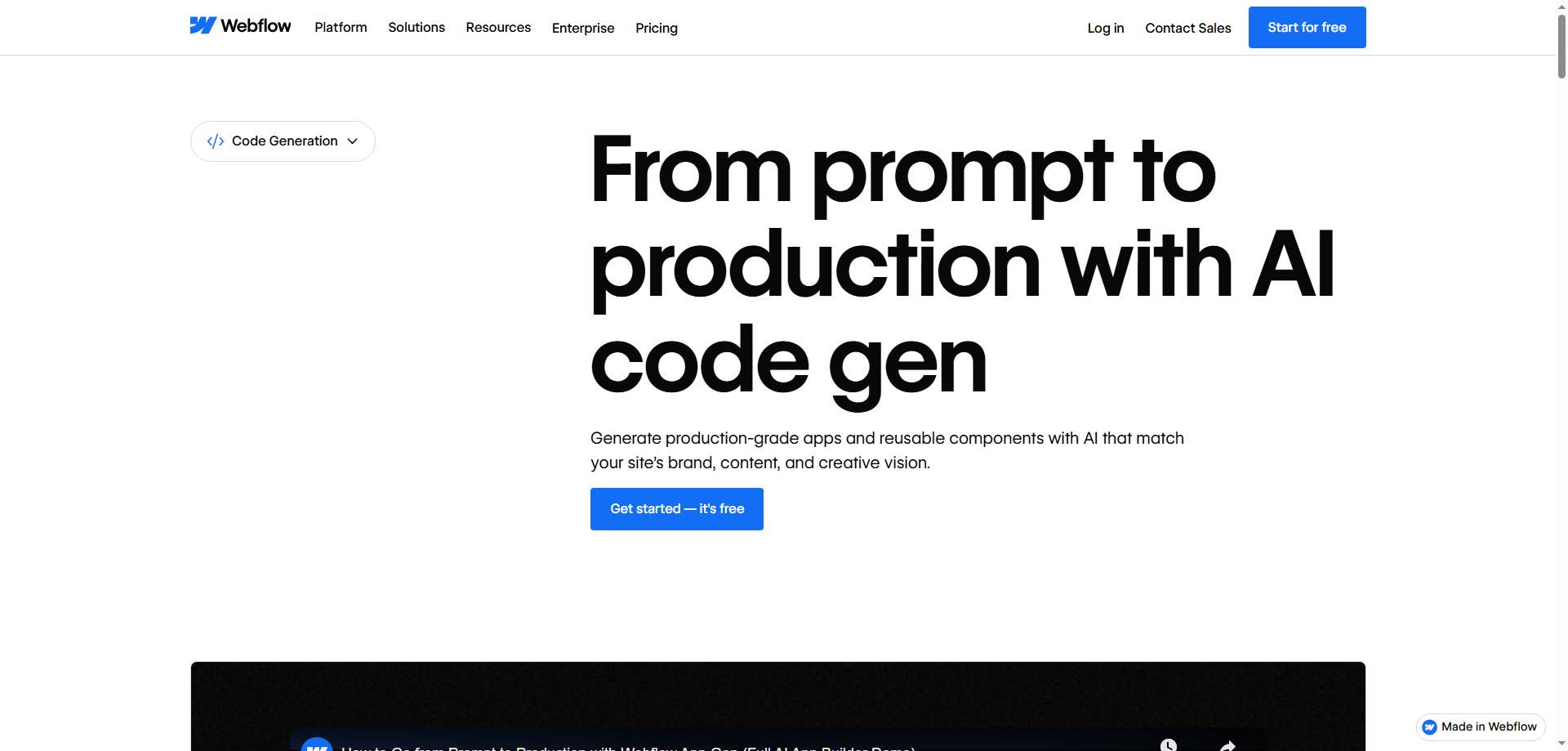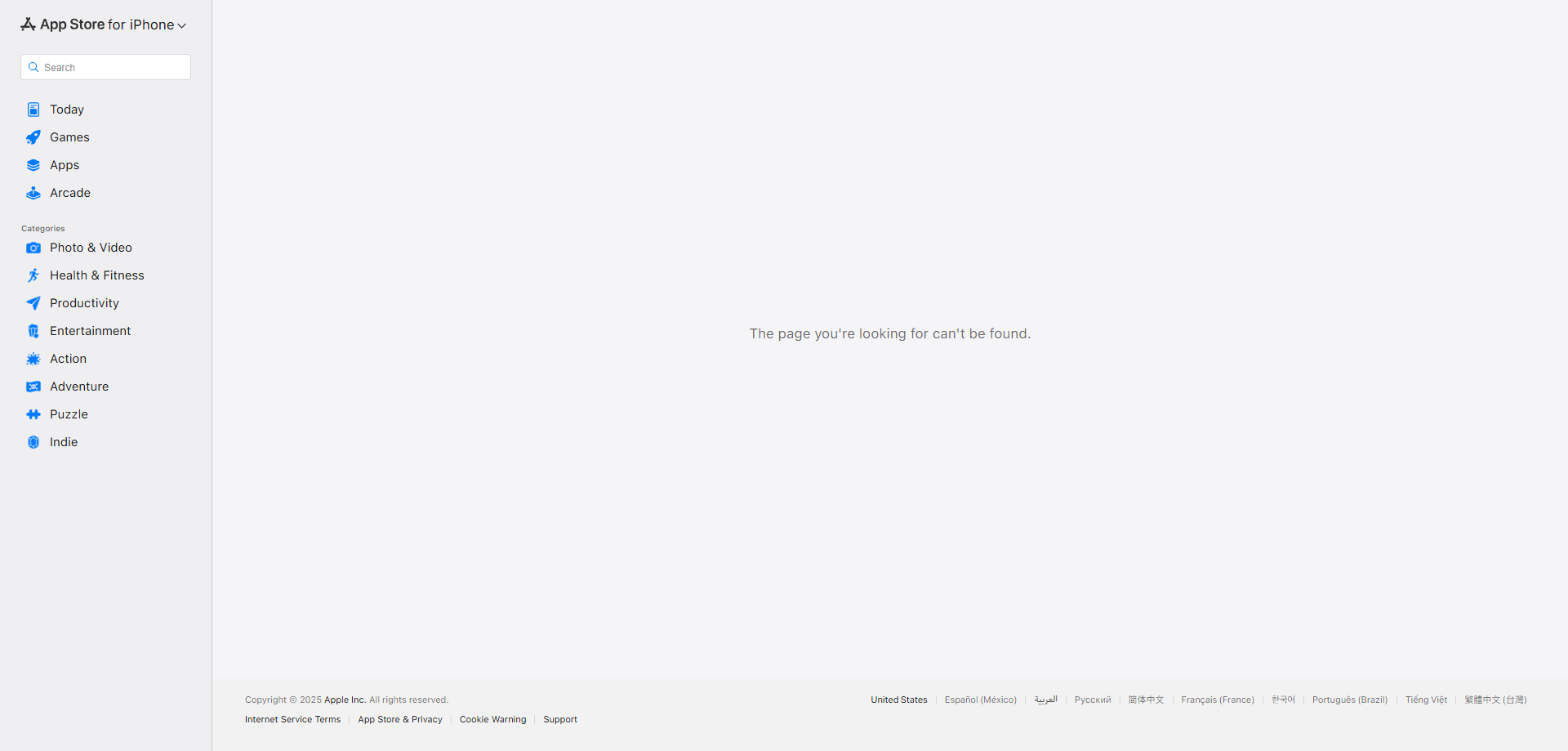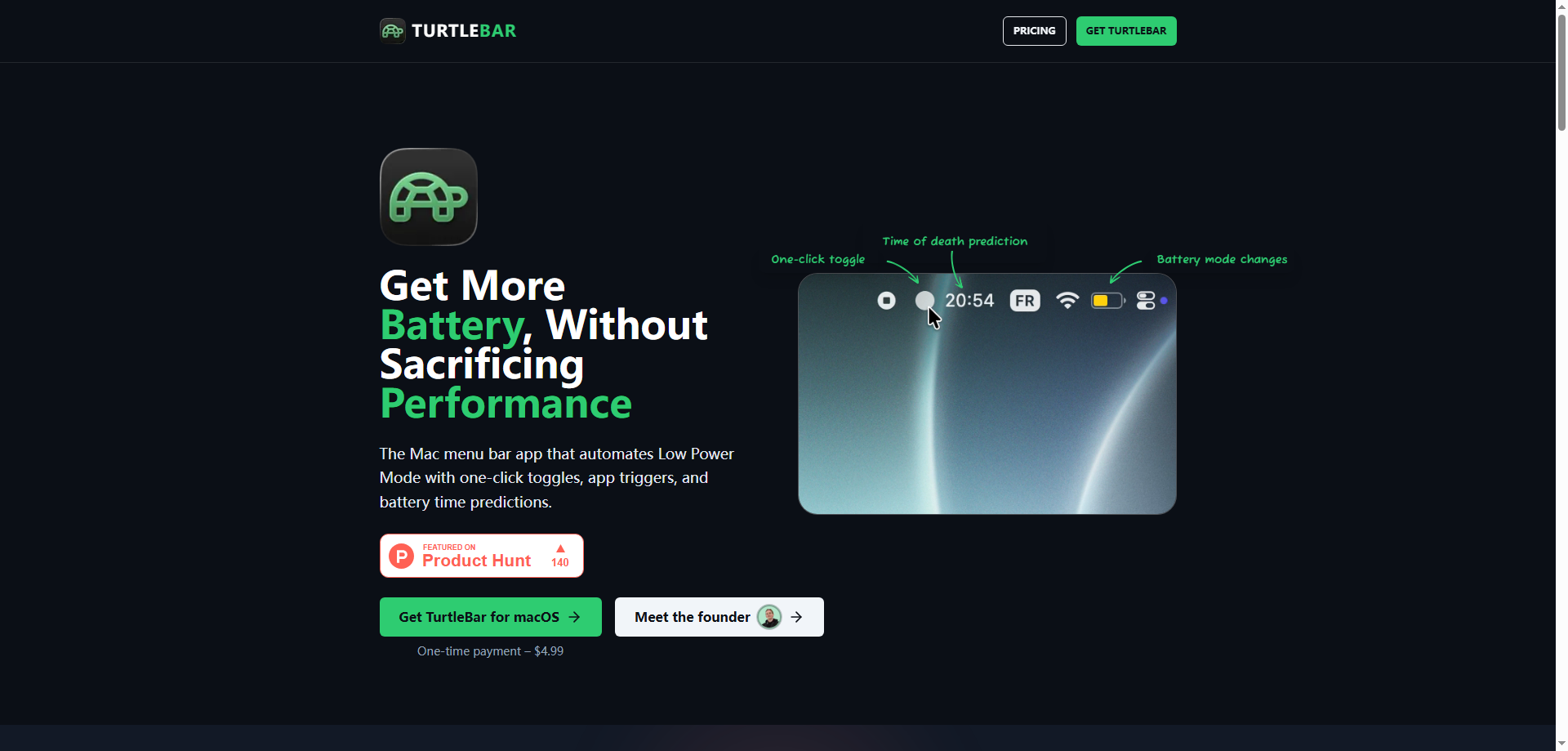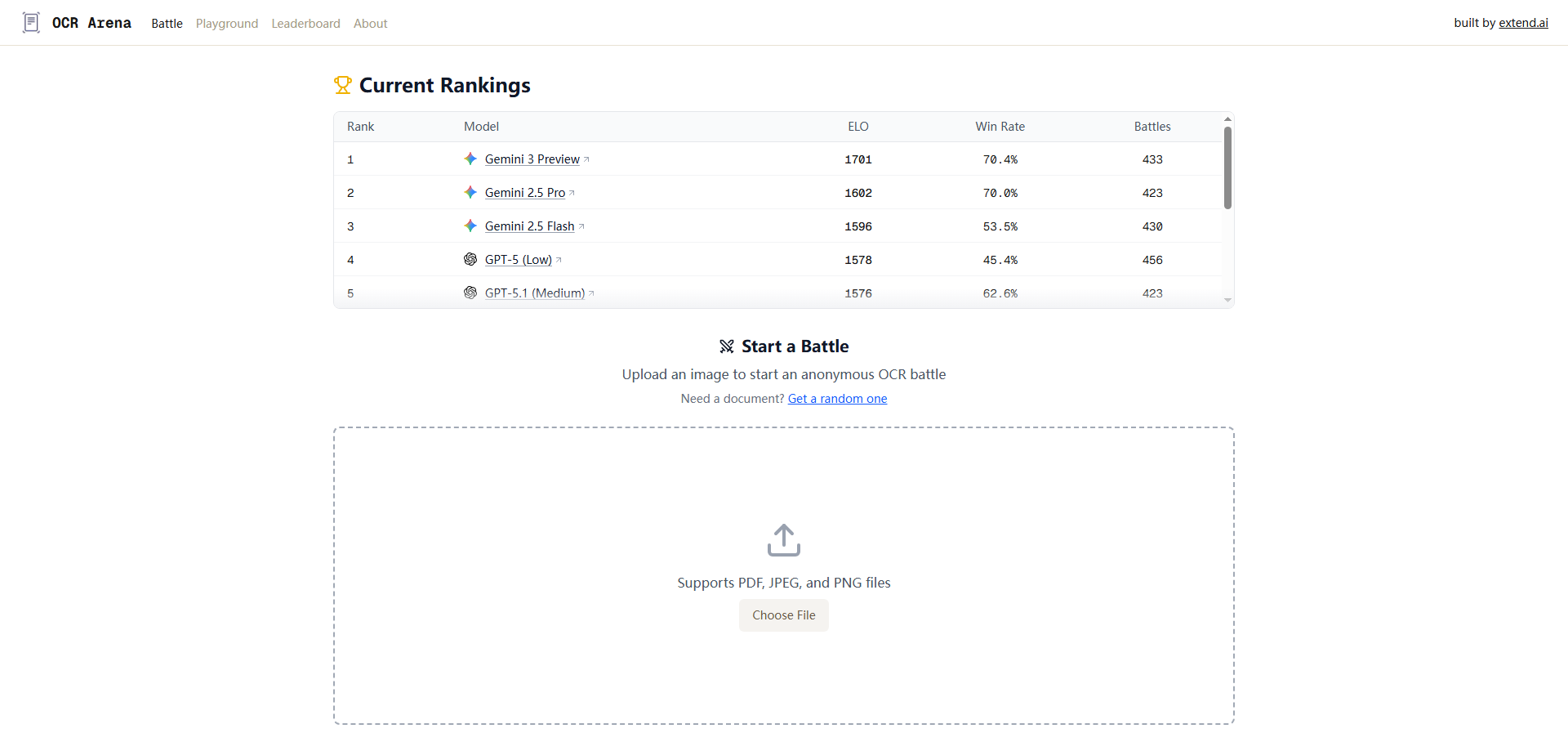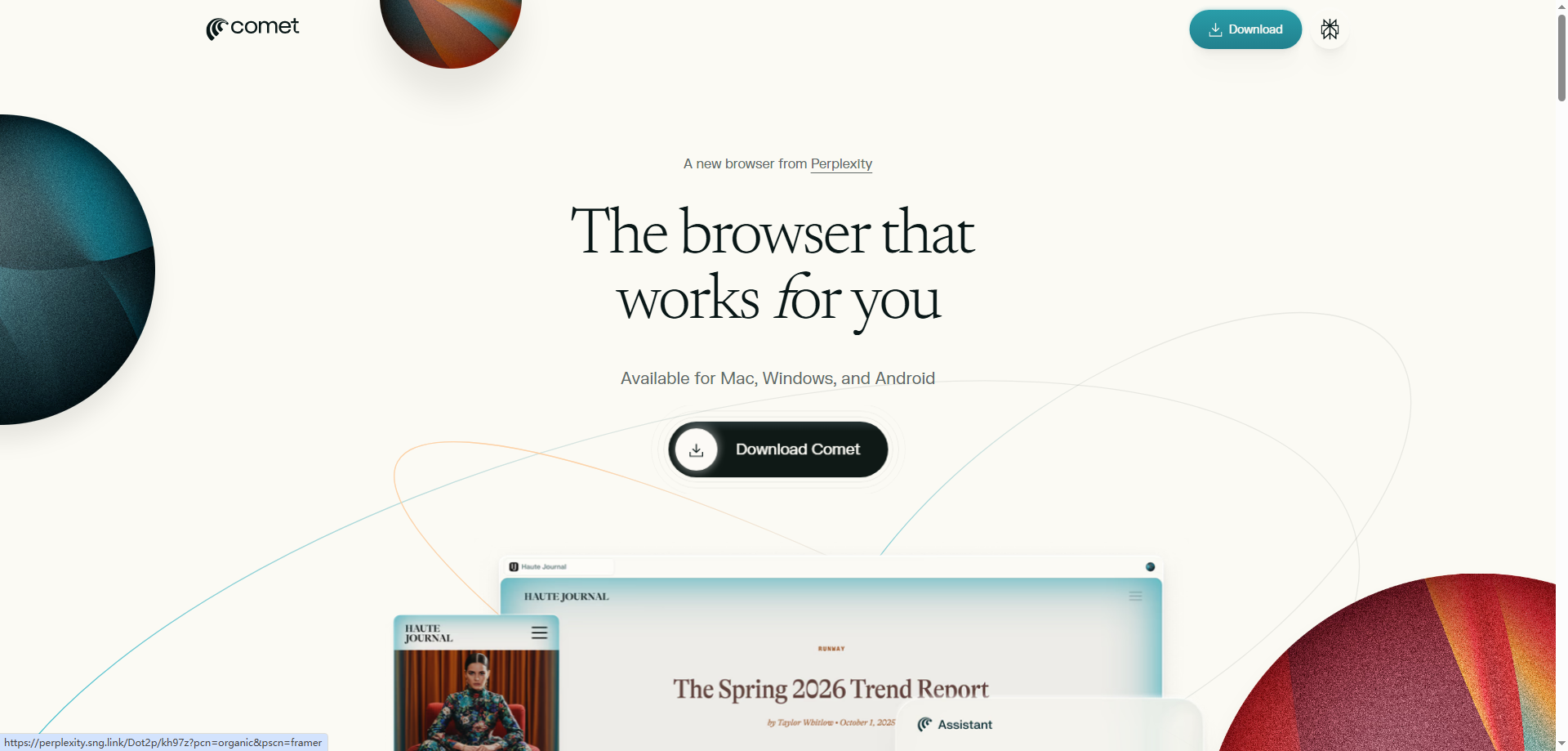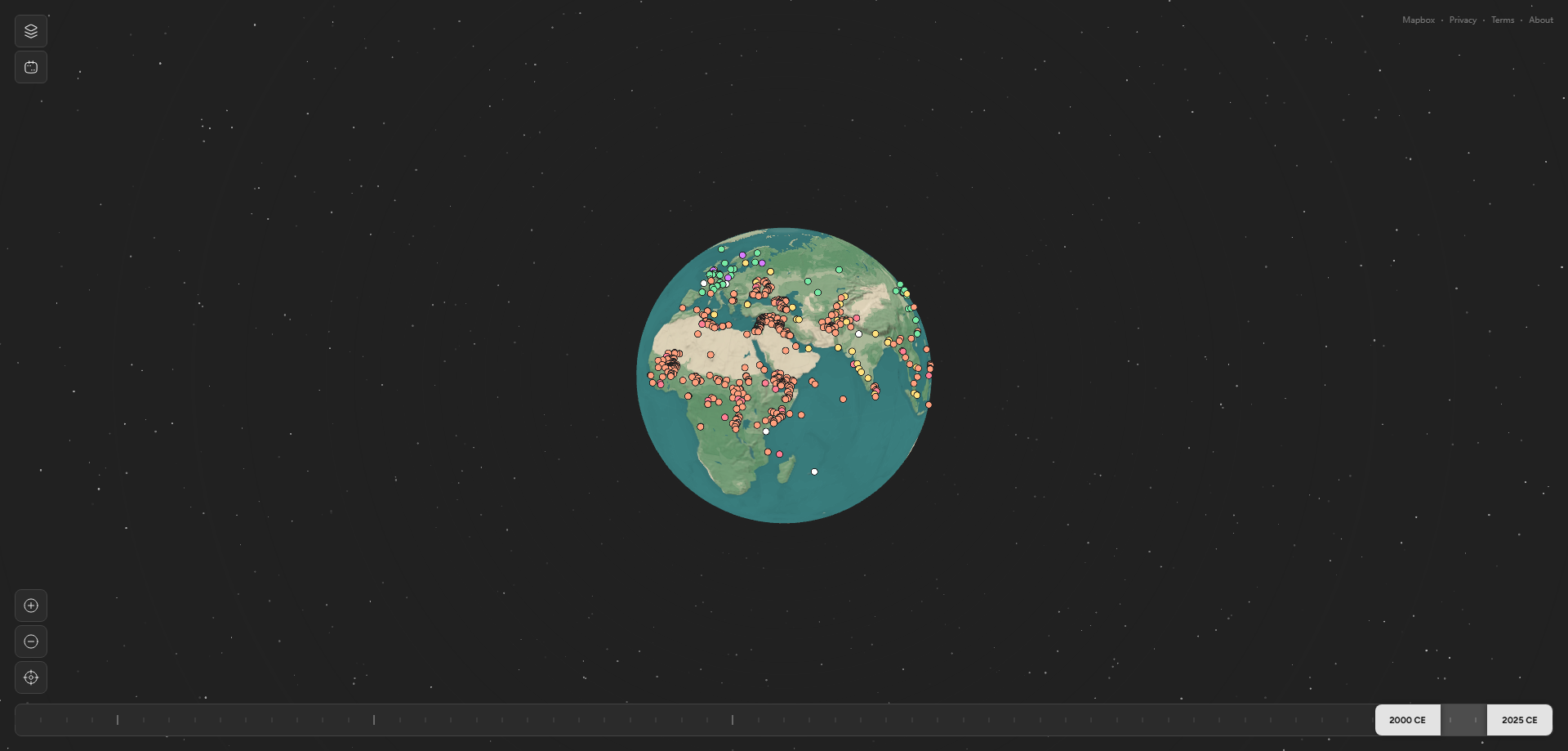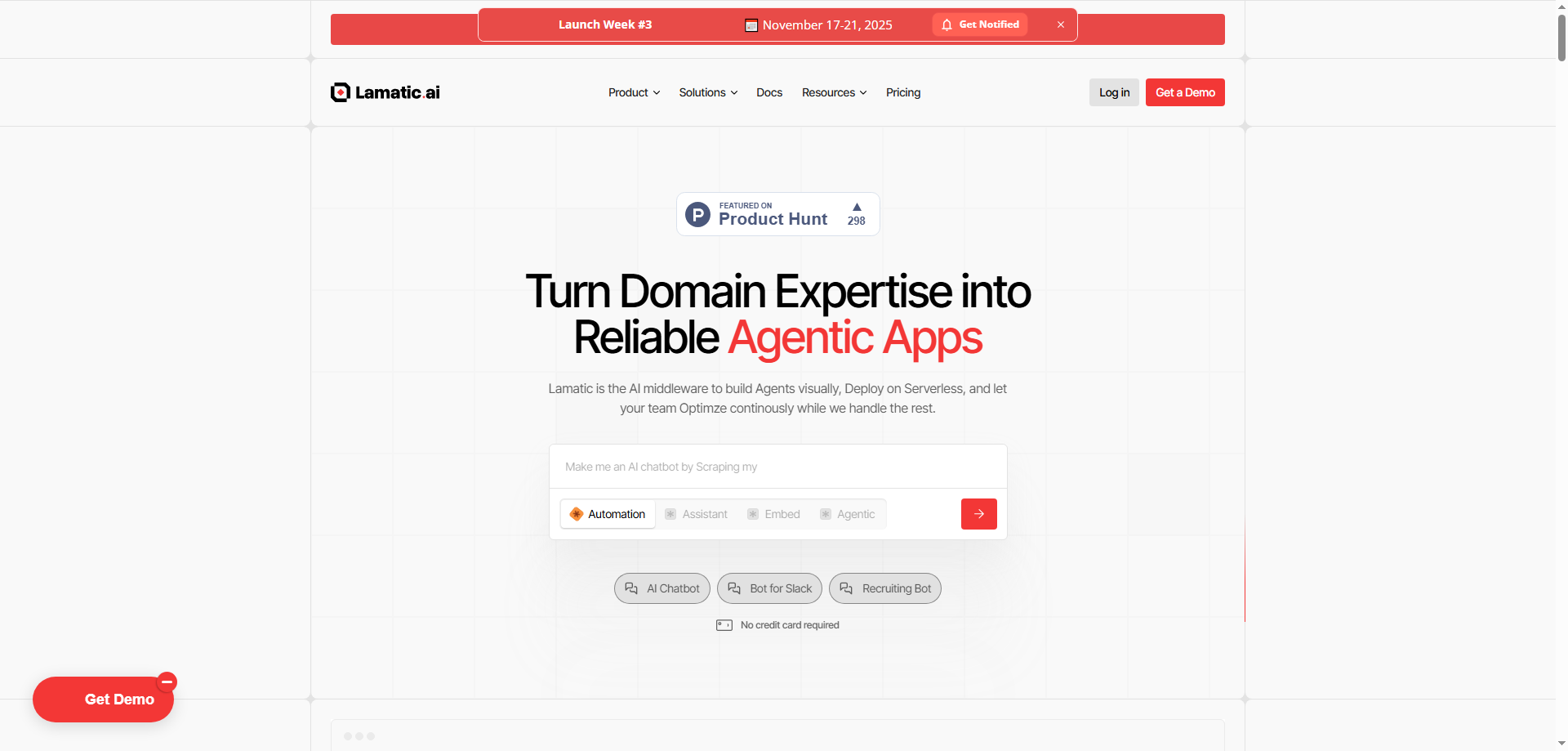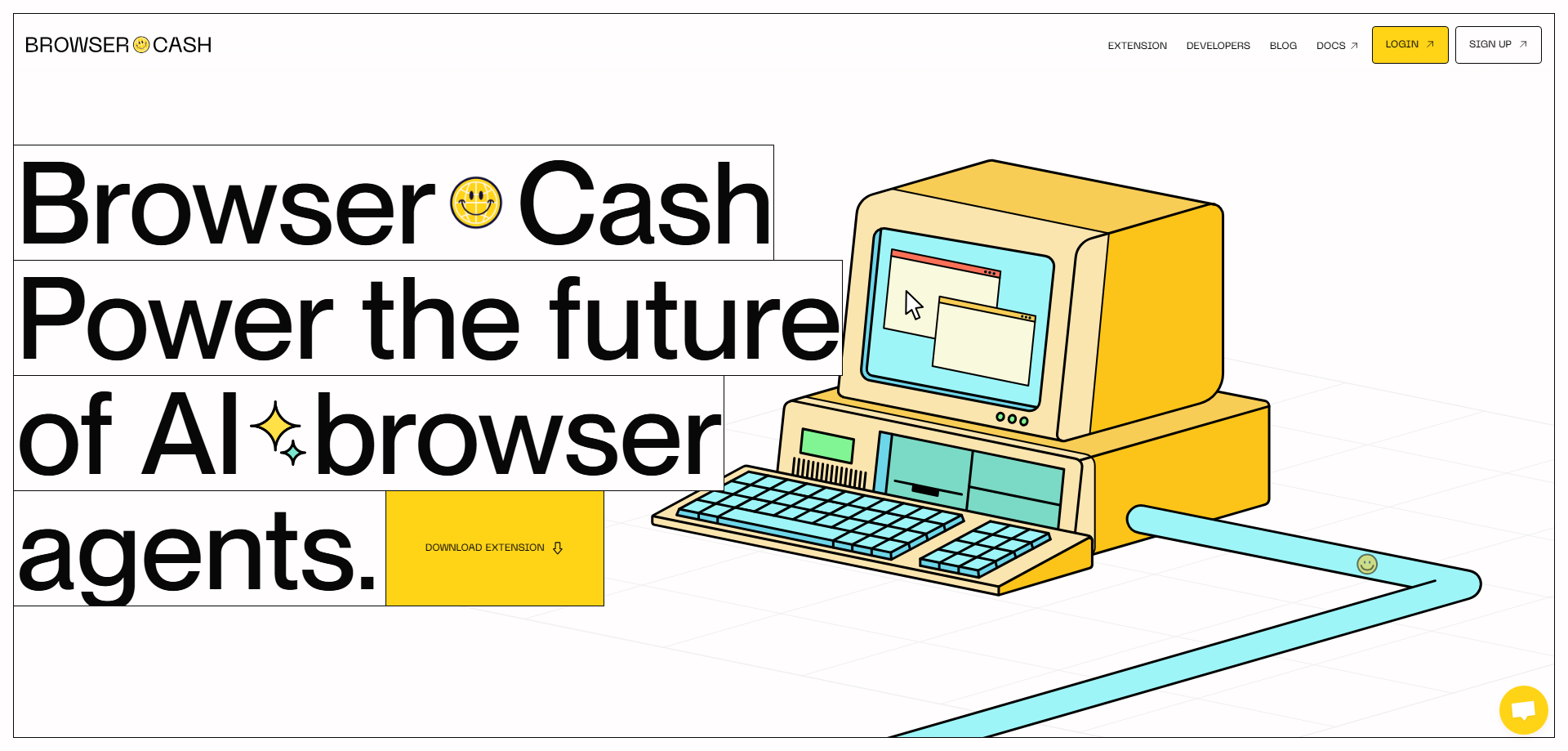The Creative Genius Behind Global Healthcare Access
When I first heard about Nomad Care Map, I immediately recognized the brilliance of the concept. Here's a platform that's solving a problem most people don't even realize exists until they're in the middle of it—finding reliable healthcare while living abroad as a digital nomad.
The creative insight here is deceptively simple but profoundly important: traditional healthcare systems are built for people who stay in one place. Insurance networks, doctor referrals, medical records, patient reviews—everything assumes you live in a single location with established healthcare relationships. But what happens when your "location" changes every few months? What happens when you're working remotely from Bali one quarter, Lisbon the next, and Mexico City after that?
This is where Nomad Care Map's creativity shines. They've essentially created a "Yelp for doctors" specifically designed for the location-independent lifestyle. But it's more sophisticated than just copying the review platform model. They've built something that understands the unique anxieties and needs of digital nomads seeking medical care abroad.
What I find particularly clever is the anonymous community data approach. When you're sick in a foreign country, you don't just need any doctor—you need trustworthy healthcare that other people like you have actually used. The anonymity encourages honest reviews without fear of repercussion, while the community focus means you're getting feedback from people who share your situation and concerns.
The pricing transparency feature is another creative masterstroke. Healthcare costs vary wildly around the world, and one of the biggest stresses of seeking medical care abroad is not knowing if you're about to be charged $50 or $500 for a consultation. By providing estimated costs based on community data, Nomad Care Map removes this anxiety before you even walk into the clinic.
I'm also impressed by how they've positioned this as specifically for digital nomads rather than generic international travelers. This focus allows them to curate information that matters to their audience—like which doctors speak English, which clinics are familiar with treating foreigners, and which facilities are accustomed to dealing with international insurance or direct payment.
The platform's growing database of over 4,000 medical providers and 8,000+ reviews shows they're not just launching with an empty directory and hoping people fill it in. They've done the hard work of seeding the platform with substantial data, which is critical for initial user trust and utility.
From a creative standpoint, Nomad Care Map represents a shift from treating healthcare as a local necessity to recognizing it as a global need for an increasingly mobile workforce. They're not just building a directory—they're building infrastructure for a new way of living and working that didn't exist a generation ago.
Can Nomad Care Map Disrupt Traditional Healthcare Discovery?
The disruption question is fascinating because Nomad Care Map isn't trying to replace doctors or healthcare systems—it's replacing the broken process of finding trustworthy healthcare when you're away from home. Let me break down where this could genuinely change the game.
First, let's look at what digital nomads currently do when they need medical care abroad. From my own experience and conversations with other remote workers, the typical approach is chaotic: frantically Googling "doctor near me," asking in expat Facebook groups, hoping your accommodation host has recommendations, or just walking into the nearest clinic and praying for the best. It's stressful, unreliable, and often results in suboptimal care.
Nomad Care Map replaces this chaos with structure. Instead of scattered information across Reddit threads, Facebook groups, and outdated blog posts, you get centralized, organized, community-verified healthcare information. This is genuinely disruptive because it transforms healthcare discovery from a crisis-driven scramble into a proactive, informed decision.
But can it replace existing solutions? Let's examine the alternatives:
Traditional travel insurance typically provides lists of "approved providers," but these lists are often limited, outdated, and don't include patient reviews or quality ratings. I've used travel insurance networks before, and while they guarantee coverage, they don't guarantee good care. Nomad Care Map adds the crucial quality layer that insurance directories lack.
Google Maps and general review platforms show you nearby doctors, but they're not designed for the digital nomad use case. Reviews might be in languages you don't speak, pricing information is rarely included, and you can't tell if a doctor is accustomed to treating international patients. Nomad Care Map's specialized focus makes it inherently more useful than generic platforms.
Expat forums and Facebook groups have been the go-to solution for years, but they're incredibly inefficient. You have to post your question, wait for responses, sort through contradictory recommendations, and hope the information isn't outdated. Plus, once you leave that city, all that knowledge gathering is worthless for your next destination. Nomad Care Map permanently solves what expat communities solve temporarily.
International healthcare apps like Allianz or Cigna offer provider directories, but they're limited to their insurance networks and require you to have their specific insurance. Nomad Care Map is insurance-agnostic and community-driven, making it accessible to everyone regardless of their coverage situation.
The real disruption potential lies in how Nomad Care Map could become the default starting point for healthcare decisions among location-independent workers. Just like how people reflexively check Tripadvisor for hotels or Yelp for restaurants, digital nomads could reflexively check Nomad Care Map before seeking medical care anywhere in the world.
However, I see limitations to the disruption potential. Nomad Care Map works brilliantly for planned or semi-urgent care—finding a general practitioner for a persistent cough, locating a dentist for a routine cleaning, identifying a specialist for ongoing treatment. But for true emergencies, you're still going to the nearest hospital regardless of reviews. The platform complements emergency care but doesn't replace emergency protocols.
Additionally, Nomad Care Map doesn't solve the fundamental challenges of cross-border healthcare—language barriers, different treatment protocols, varying medical standards, insurance complications, and medical record continuity. It makes finding providers easier, but the actual experience of receiving care abroad remains complex.
That said, I believe Nomad Care Map has genuine potential to become an essential tool in the digital nomad toolkit, sitting alongside other category-defining platforms like Nomad List for location research or SafetyWing for travel insurance. It's filling a clear gap that nothing else adequately addresses.
User Acceptance: Do Digital Nomads Really Need This?
From a practical needs perspective, I believe Nomad Care Map addresses a genuine, underserved pain point that will drive strong user acceptance among its target audience. Let me explain why I'm confident about this.
First, let's establish who digital nomads actually are and what they need. We're talking about a growing population of remote workers, freelancers, entrepreneurs, and location-independent professionals who spend extended periods living and working abroad. Current estimates suggest there are 35-40 million digital nomads worldwide, and that number is climbing rapidly as remote work becomes normalized.
Here's the critical insight: healthcare anxiety is one of the top concerns that prevents people from becoming digital nomads in the first place. I've seen countless Reddit posts and forum discussions where people express interest in the lifestyle but worry, "What happens if I get sick?" or "How do I find a doctor I can trust in a foreign country?" Nomad Care Map directly addresses this barrier to entry.
For people already living the digital nomad lifestyle, healthcare discovery is a recurring problem. Unlike traditional travelers who visit for short periods and can tough it out until they're home, digital nomads often spend months in a single location and need ongoing healthcare—routine checkups, dental cleanings, prescription refills, chronic condition management. You can't put these things off indefinitely.
I've identified several user segments with strong acceptance potential:
Long-term digital nomads who spend 3-12 months in various locations are the core audience. They need regular healthcare access but lack the local knowledge that residents build over years. They'll appreciate having trusted provider information before arriving in a new city.
Health-conscious remote workers who prioritize preventive care, fitness, and wellness want to maintain their health routines regardless of location. They need to find specialists—physiotherapists, nutritionists, mental health professionals—in each new city. Nomad Care Map serves this need perfectly.
Digital nomads with chronic conditions face even higher stakes. If you have diabetes, require regular medications, or need ongoing treatment, finding reliable healthcare abroad isn't optional—it's essential. These users will eagerly embrace any platform that reduces healthcare uncertainty.
Remote workers in emerging destinations particularly need this service. Finding quality healthcare in popular digital nomad hubs like Lisbon or Chiang Mai is relatively easy through expat networks, but what about lesser-known destinations? As digital nomads explore more obscure locations, the need for reliable healthcare information becomes even more critical.
Companies with distributed teams might also become users. As more companies embrace remote-first policies and hire international employees, they need ways to support employee healthcare globally. Nomad Care Map could become part of remote work benefits packages.
The 234 upvotes and 14 discussions on Product Hunt suggest early interest, though these numbers are modest compared to other products I've analyzed. This might reflect that the platform is early-stage or that digital nomads are still discovering it. However, the niche nature of the audience means even small numbers could represent significant market penetration.
I see several factors that will drive user acceptance:
The network effect will be powerful. As more digital nomads contribute reviews and recommendations, the platform becomes increasingly valuable for everyone. Early adopters who contribute information are essentially building a public good that benefits the entire community.
Word-of-mouth marketing in digital nomad communities is incredibly effective. If someone has a good experience finding a doctor through Nomad Care Map, they'll share that story in coworking spaces, online forums, and social media. These tight-knit communities trust peer recommendations.
The "one bad experience prevention" value proposition resonates strongly. Even if you only use Nomad Care Map once and it helps you avoid a terrible clinic or overpriced treatment, the value delivered exceeds the effort of checking the platform. This low-risk, high-reward dynamic encourages trial.
However, I also recognize acceptance challenges:
Behavioral change is always difficult. Digital nomads are accustomed to asking in Facebook groups or relying on Google Maps. Convincing them to check a new platform requires building awareness and demonstrating clear superiority over existing habits.
Incomplete coverage in less popular destinations could frustrate users. If someone checks Nomad Care Map in a smaller city and finds no listings, they might not return when traveling to better-covered locations.
Review authenticity concerns might arise as the platform grows. Users need confidence that reviews are genuine and not paid endorsements by clinics. The anonymous community approach helps, but maintaining data integrity will be crucial.
Overall, I believe user acceptance will be strong among the core digital nomad audience, with gradual expansion as remote work continues growing. The fundamental need is real, the solution is practical, and the timing aligns with the remote work revolution.
Survival Rating: 4/5 Stars ⭐⭐⭐⭐
After carefully analyzing Nomad Care Map's prospects, I'm giving it a 4 out of 5 stars for one-year survival probability. This is actually quite optimistic in the crowded health-tech space, and I'll explain exactly why I'm bullish on their chances while acknowledging real risks.
The Opportunities
Perfect Market Timing: The digital nomad population is exploding. Remote work went from niche to mainstream during the pandemic and hasn't reversed. Countries are creating digital nomad visas, cities are courting remote workers, and companies are embracing distributed teams. Nomad Care Map is riding a massive demographic wave.
Clear Value Proposition: Unlike many startups trying to create needs that don't exist, Nomad Care Map solves an obvious, painful problem. Every digital nomad I know has healthcare anxiety or has had at least one stressful medical experience abroad. The need is validated.
First-Mover Advantage: Being described as "the world's first healthcare directory for digital nomads" is significant. They're defining a new category rather than competing in an established one. Early category leaders often maintain dominance even when competitors emerge.
Network Effects: The more users contribute reviews and data, the more valuable the platform becomes, which attracts more users. This virtuous cycle, once established, becomes a powerful competitive moat. With 8,000+ reviews already, they've achieved initial critical mass.
Low Operational Costs: As a platform business connecting users to existing healthcare providers rather than delivering care directly, the operational cost structure is favorable. They don't need expensive infrastructure or large teams once the platform is built.
Multiple Monetization Paths: While the current model appears free for users, I can envision various revenue opportunities—premium listings for healthcare providers, insurance partnerships, telemedicine integrations, data analytics for travel insurance companies. The platform creates valuable data that multiple parties would pay to access.
Community-Driven Growth: Digital nomads are highly engaged online communities. If Nomad Care Map delivers value, users will actively promote it because helping fellow nomads find healthcare benefits everyone. This word-of-mouth marketing is more effective and cheaper than traditional advertising.
The Risks
Dependency on User Contributions: The entire value proposition relies on digital nomads actively contributing reviews and information. If contribution rates are low, the database becomes stale and incomplete. They need to constantly incentivize participation without compromising review authenticity.
Liability Concerns: What happens if someone follows a Nomad Care Map recommendation and receives poor care or experiences medical complications? Even though they're just providing information, potential legal liability in different jurisdictions could be a major headache and expense.
Data Accuracy and Currency: Healthcare information changes constantly—doctors move clinics, facilities close, services change, prices fluctuate. Keeping thousands of provider listings accurate across dozens of countries is an enormous ongoing challenge. Outdated information could erode user trust quickly.
Competition from Established Players: Large companies like Google, Tripadvisor, or even Nomad List could add similar healthcare review features relatively easily. Insurance companies might develop their own platforms. If a giant enters this space with massive resources and distribution, Nomad Care Map could struggle to compete.
Limited Addressable Market: While growing, the digital nomad population is still relatively small compared to general consumer markets. This niche focus limits total revenue potential and might make it harder to attract venture capital funding for growth.
Regulatory Complexity: Healthcare is heavily regulated in every country, with different rules about medical information, patient privacy, provider advertising, and more. Navigating this regulatory patchwork across multiple jurisdictions could become prohibitively complex and expensive.
Quality Control Challenges: As the platform grows, they'll face the same challenges as all review platforms—fake reviews, paid endorsements, disgruntled patients leaving unfair critiques, providers gaming the system. Building effective moderation systems is difficult and costly.
Monetization Pressure: If the platform remains free for users indefinitely, they need alternative revenue sources that don't compromise user trust. Charging healthcare providers for listings could create conflicts of interest. Finding the right business model is crucial.
What They Need to Do
For Nomad Care Map to not just survive but thrive, I believe they must:
-
Build the network aggressively in the top 20-30 digital nomad hubs first, ensuring comprehensive coverage in key locations before expanding broadly.
-
Implement robust verification systems for reviews and provider information to maintain data quality and user trust as they scale.
-
Create engagement loops that encourage ongoing user contribution—perhaps through gamification, community features, or rewards programs.
-
Establish partnerships with complementary services like travel insurance providers, coworking spaces, digital nomad platforms, and remote work companies to drive distribution.
-
Develop unique features that competitors can't easily replicate—perhaps community health forums, telemedicine integration, or health records management for nomadic lifestyles.
-
Find sustainable monetization that aligns user interests with business needs, possibly through premium features for power users or B2B services for companies with distributed teams.
My Honest Assessment
I'm giving Nomad Care Map 4 out of 5 stars because I believe they're solving a real problem for a real audience at the right time with a viable solution. The fundamentals are solid. Unlike many startups trying to force-fit a solution to a non-existent problem, Nomad Care Map's value proposition is immediately obvious to anyone who's lived the digital nomad lifestyle.
The one-star deduction reflects real execution risks and competitive threats. Building and maintaining a global healthcare directory is genuinely difficult. The product is good, but success requires flawless execution on data quality, user growth, and business model development.
I could easily see Nomad Care Map becoming an essential tool that every digital nomad uses routinely, acquired by a larger travel or healthcare company, or achieving sustainable profitability as a focused niche player. I could also see them struggling with data currency issues, getting outcompeted by a larger platform, or failing to find sustainable monetization.
The next year will be crucial. If they can demonstrate strong user growth, high engagement, expanding coverage, and a path to profitability, they'll likely secure additional funding and continue building. If any of these elements falter, survival becomes much more uncertain.
Final Thoughts
After this deep analysis, I'm genuinely rooting for Nomad Care Map to succeed. The digital nomad lifestyle offers incredible freedom and opportunity, but healthcare anxiety is one of its biggest drawbacks. Any platform that reduces this friction and makes location-independent living more accessible is creating real value in the world.
I plan to contribute reviews myself when I travel, both to help the platform grow and to benefit the community. That's ultimately what will determine Nomad Care Map's success—whether digital nomads embrace it not just as users but as active contributors to a shared resource.
For anyone living or considering the digital nomad lifestyle, I'd strongly recommend checking out Nomad Care Map before your next destination. Even if coverage is incomplete for your specific location, you might be the person who adds that first valuable review for the next digital nomad who comes after you. And isn't that what community is all about?
